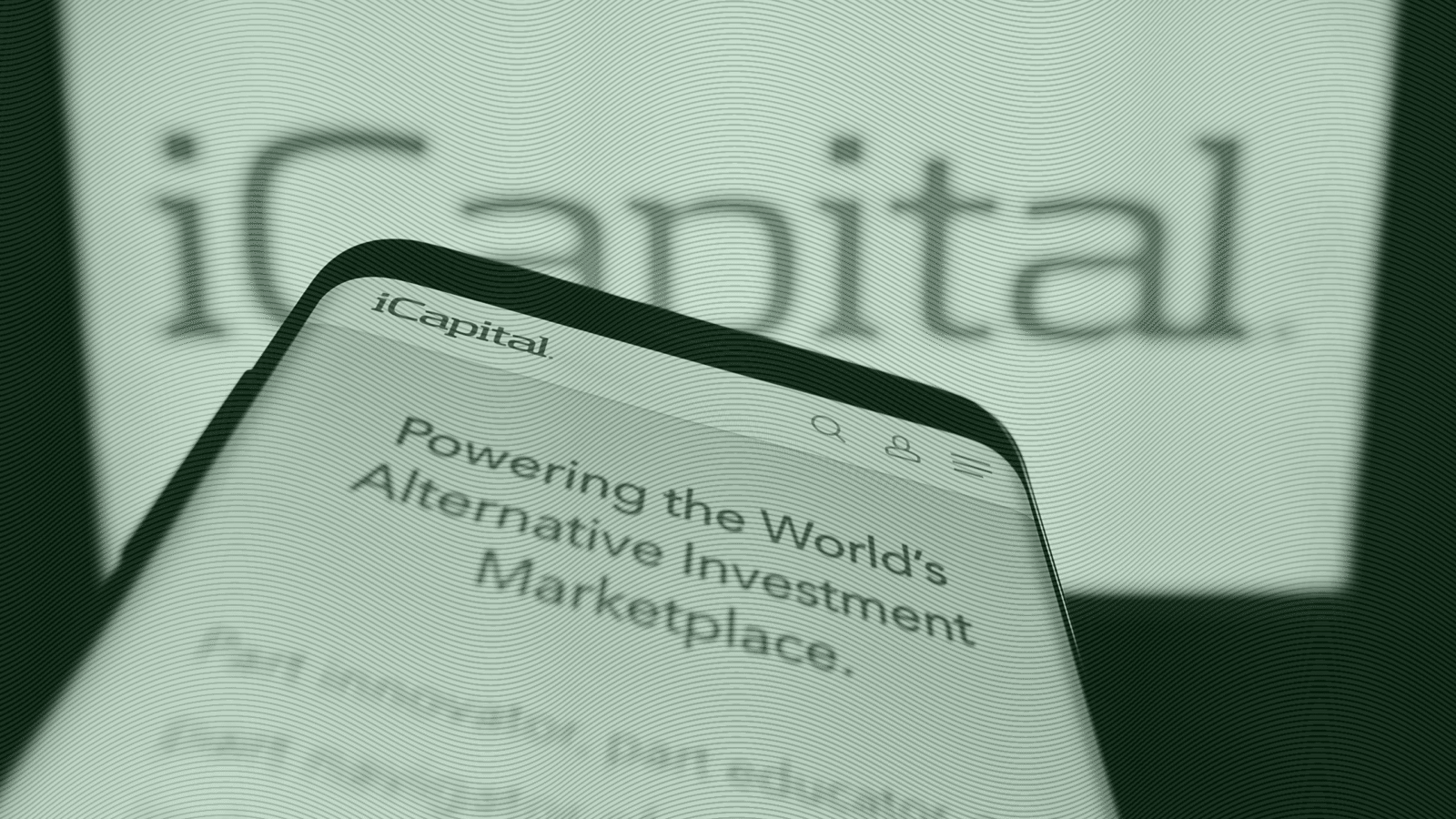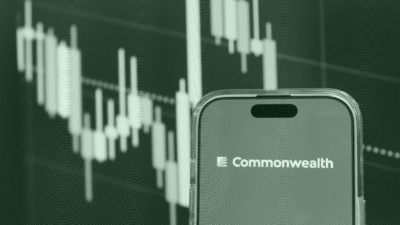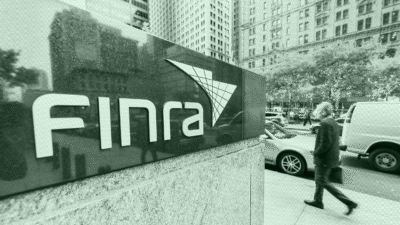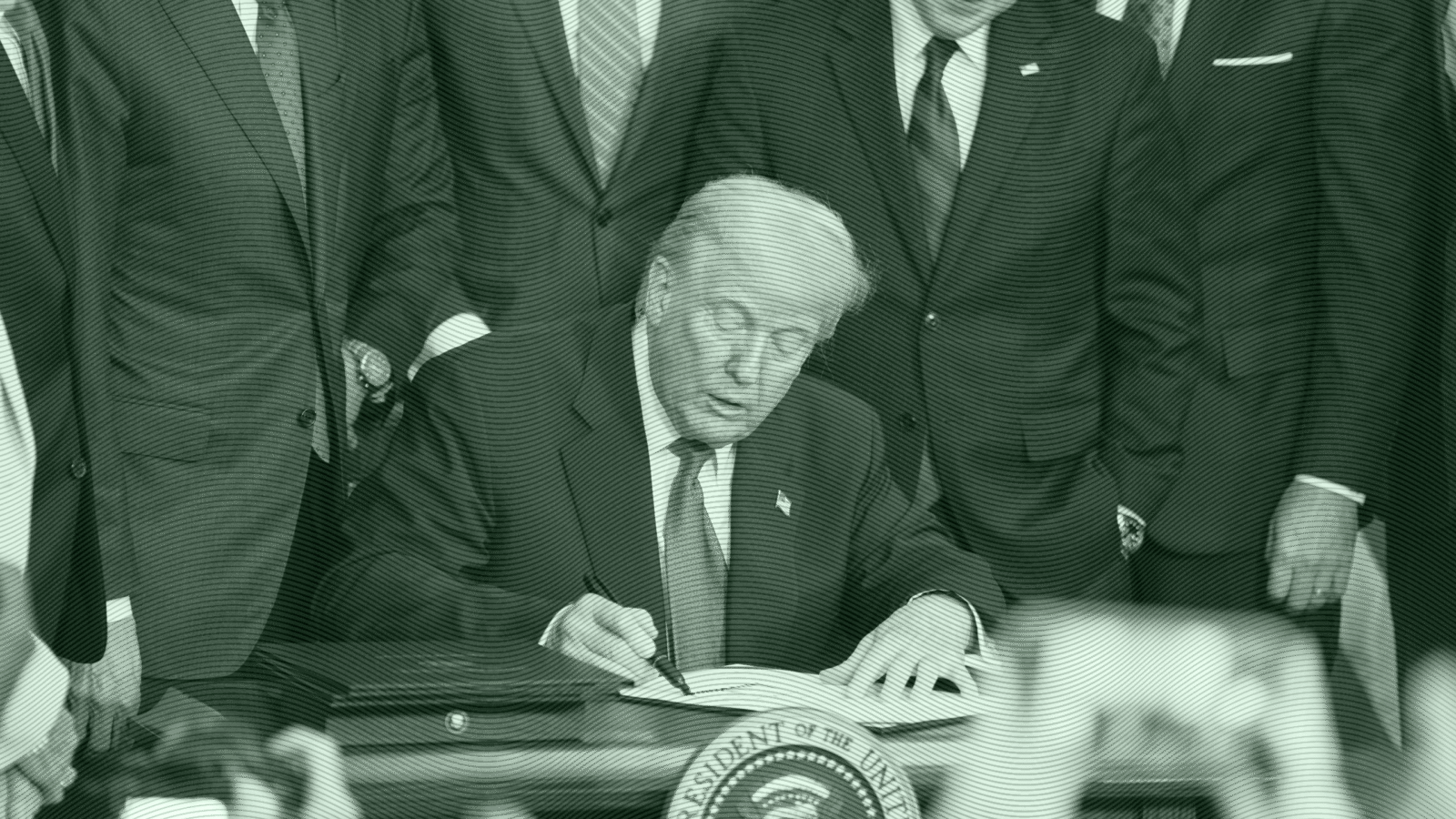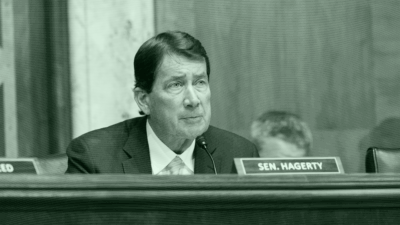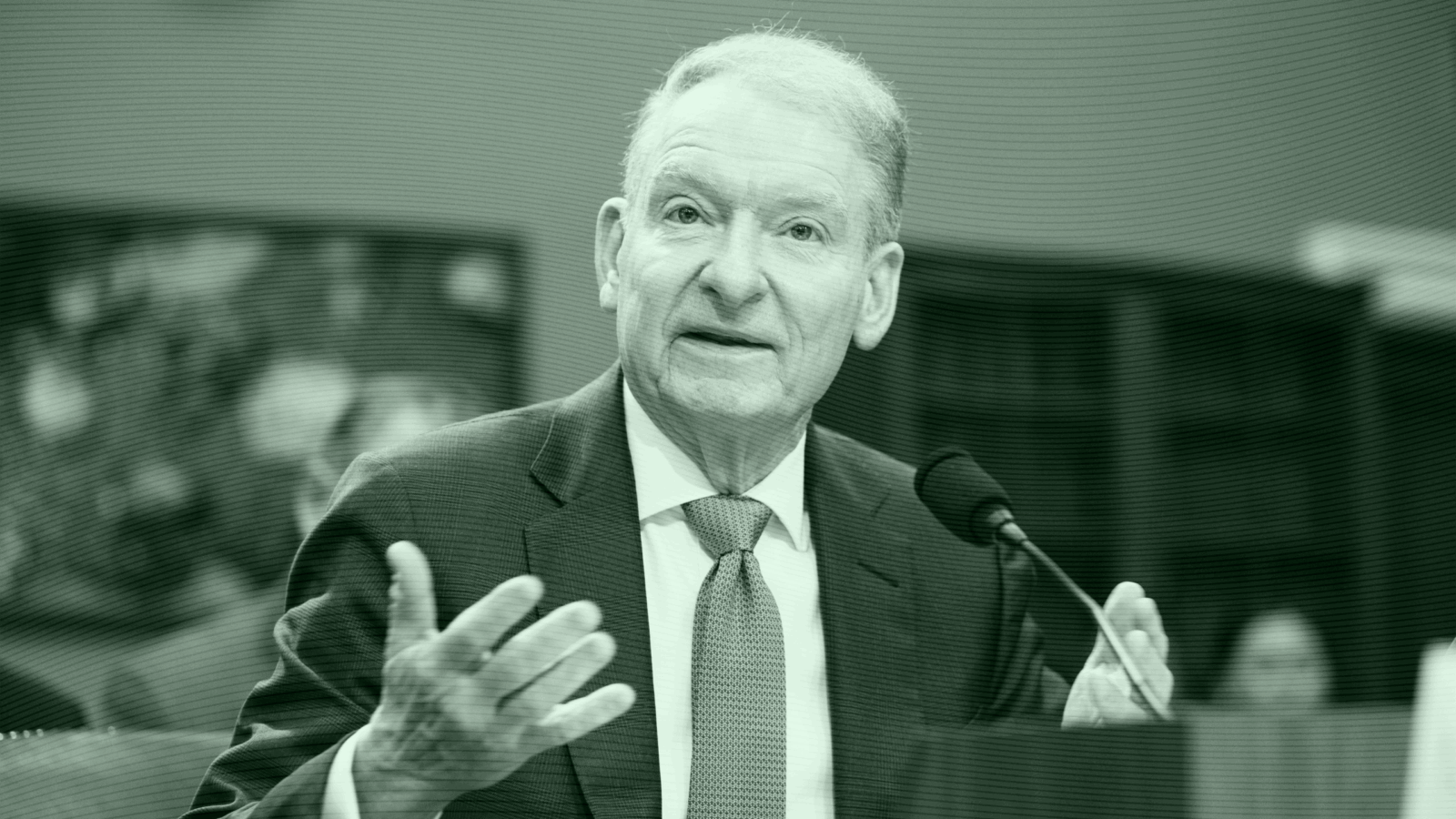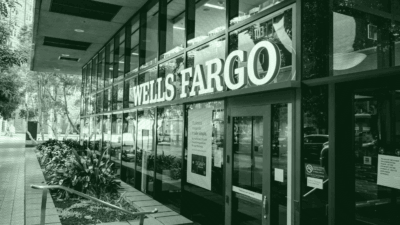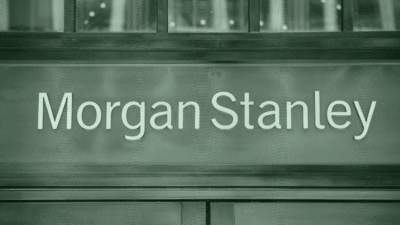TradePMR’s Robb Baldwin on Robinhood and the American Financial System
The future of American financial technology is being able to do transactions, trades, and payments in one spot, Baldwin said.
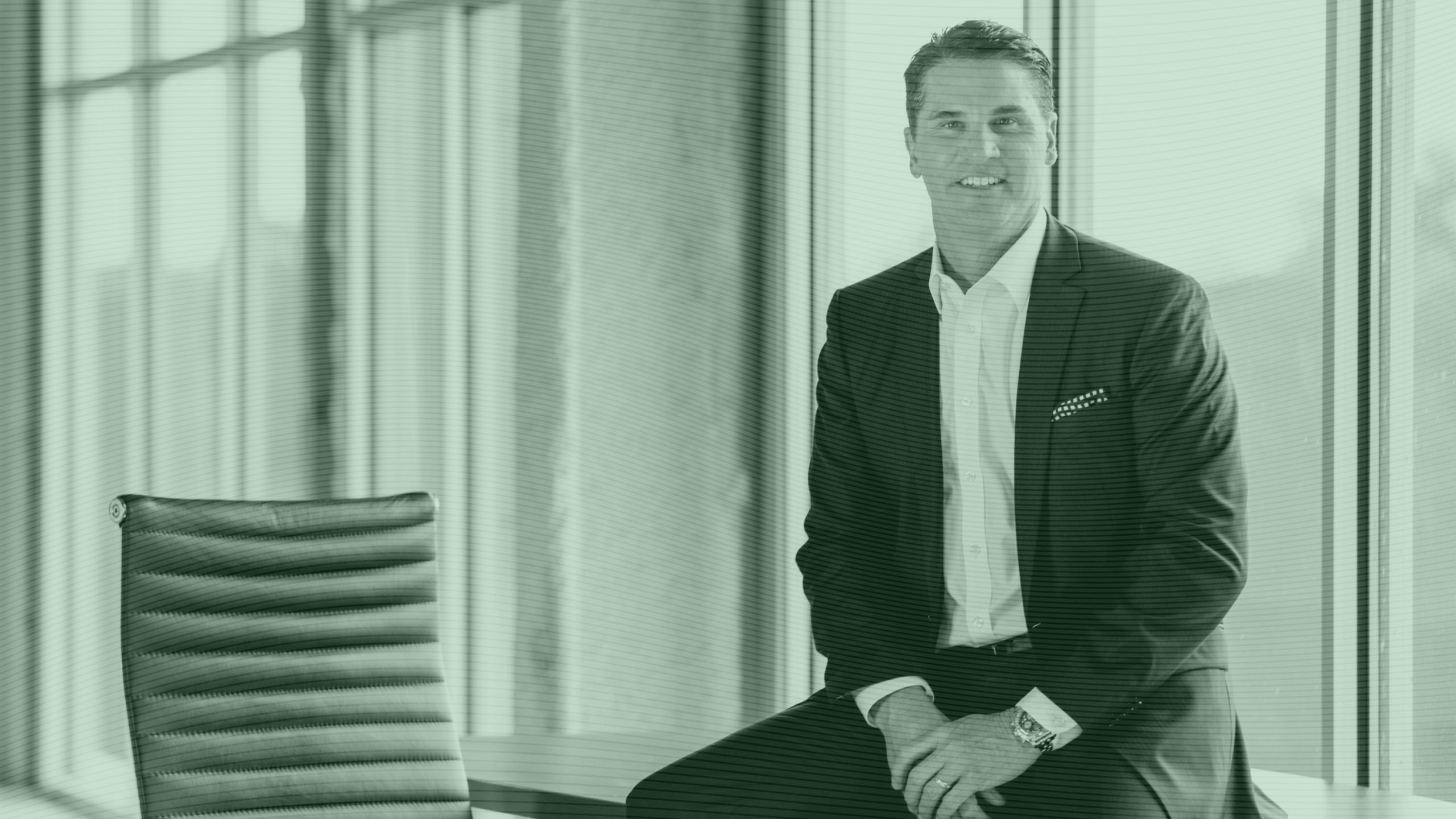
Sign up for market insights, wealth management practice essentials and industry updates.
When TradePMR CEO Robb Baldwin was a boy, his grandfather showed him all the stock tickers published in The Wall Street Journal. Three and a quarter here, two and a quarter there. The company prices became a special language.
Decades later, the custodial platform he founded in 1998 was acquired by investment goliath Robinhood for $300 million, paving the way for the next chapter in his financial services career. It’s also a push toward the next generation of investors. “At every industry conference I’ve ever been to, we’ve always been formulating: ‘How do we meet our clients’ kids? How do we hold on to those assets?’” he told The Daily Upside. “They’re at Robinhood.”
The free-trading app turned financial services powerhouse has amassed 24 million users since its inception in 2013, most of them younger investors who are still accumulating their wealth. It has also built a tech platform that can go toe-to-toe with anyone in the industry, he said.
Advisor Upside sat down with Baldwin this week next to a lit-up Christmas tree at Rockefeller Center in New York City.
AU: Robinhood is geared toward retail investors. How does that jibe with wealthier clients in our industry?
Robb Baldwin: There are people who have, say $50 million to $100 million who still do their own thing on a platform like Robinhood because that’s their only way to play. It’s very difficult to call your advisor and say, “Hey, in my current asset allocation, would you mind adding XYZ? It’s a biotech. It’s a really risky play.”
The advisor doesn’t want to screw up their track record or mess up numbers in their portfolio. They tell the client to go elsewhere and put it in a different bucket.
How do you see the industry changing?
We have a whole generation that is about to inherit wealth that does things totally different. I read an article the other day that highlighted how America has one of the most unbanked generations that we’ve seen in a long time, and they labeled it as if it was a bad thing. The truth of the matter is that we have a lot of youth that don’t feel the need to have a bank account, and that’s OK. They’ll use Cash App, Venmo, Robinhood, or whatever, and that’s where they put their money, get their paychecks deposited, and have interest-bearing accounts. They don’t need a bank anymore.
If you want to see where we’re going in America, look at Revolut [based in London]. They have 50 million users globally. I saw a member of our development team in Lithuania pay for something with his phone through Revolut. He said “I do everything on here — buy my crypto, buy my stocks, pay my bills, send friends money. Everything you do with five apps, I do with one.” That’s the future of American financial technology: being able to do everything in one spot.
What’s something no one is talking about?
There’s only about five providers of back office systems that run the entire wealth management industry — Broadridge, FIS, Refinitiv [now LSEG], SS&C, and Fiserv. Schwab, Fidelity, State Street, Wells Fargo, JPMorgan, and Morgan Stanley are all on these same systems, and they’ve done the accounting and the recordkeeping for these firms for years and years and years. Those systems have to change. We’re never going to be able to compete with the non-banked applications with antiquated banking technologies.
